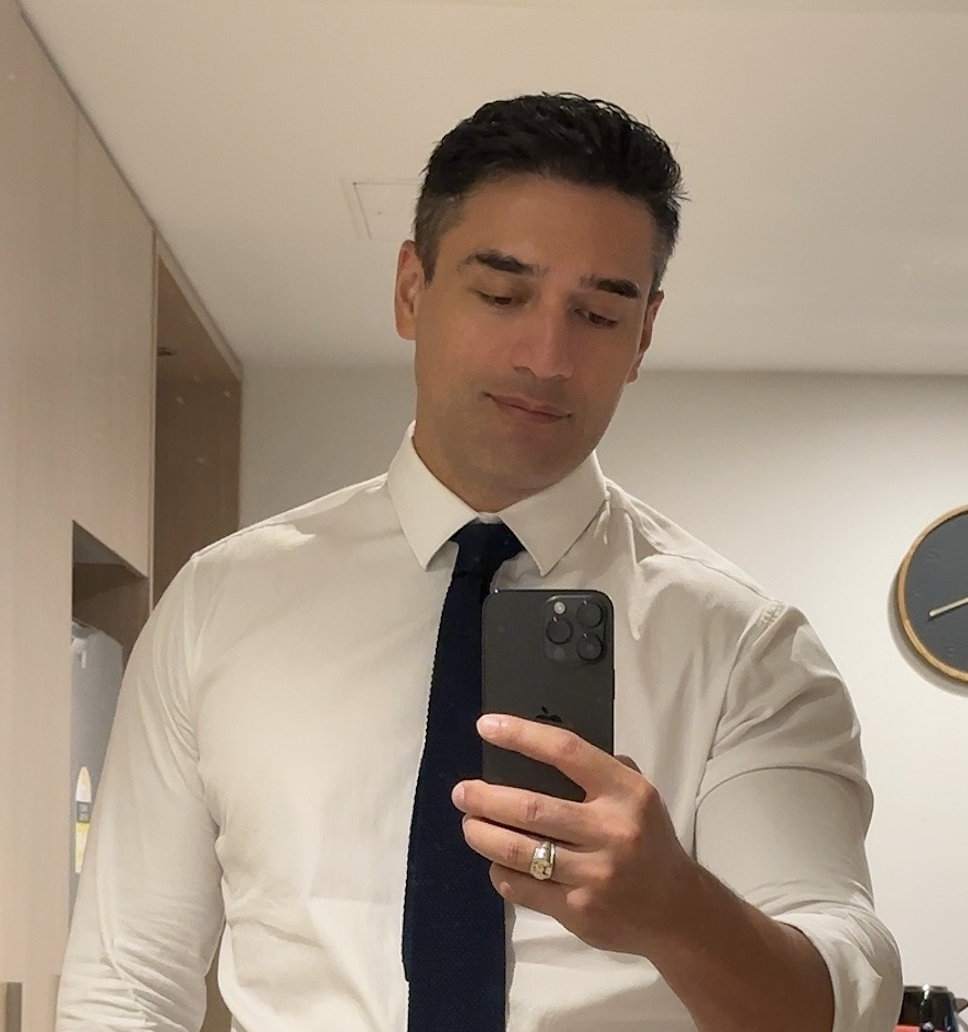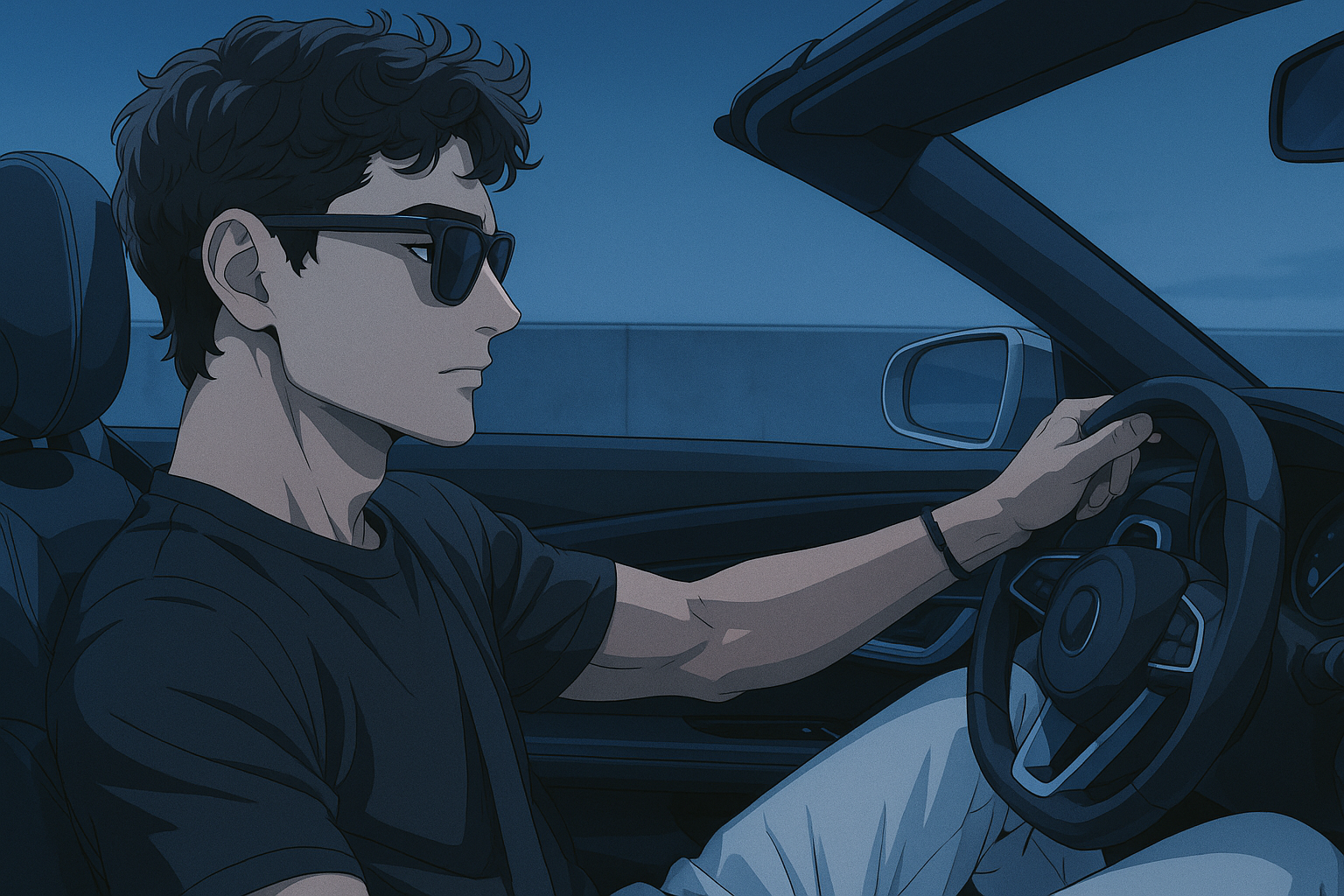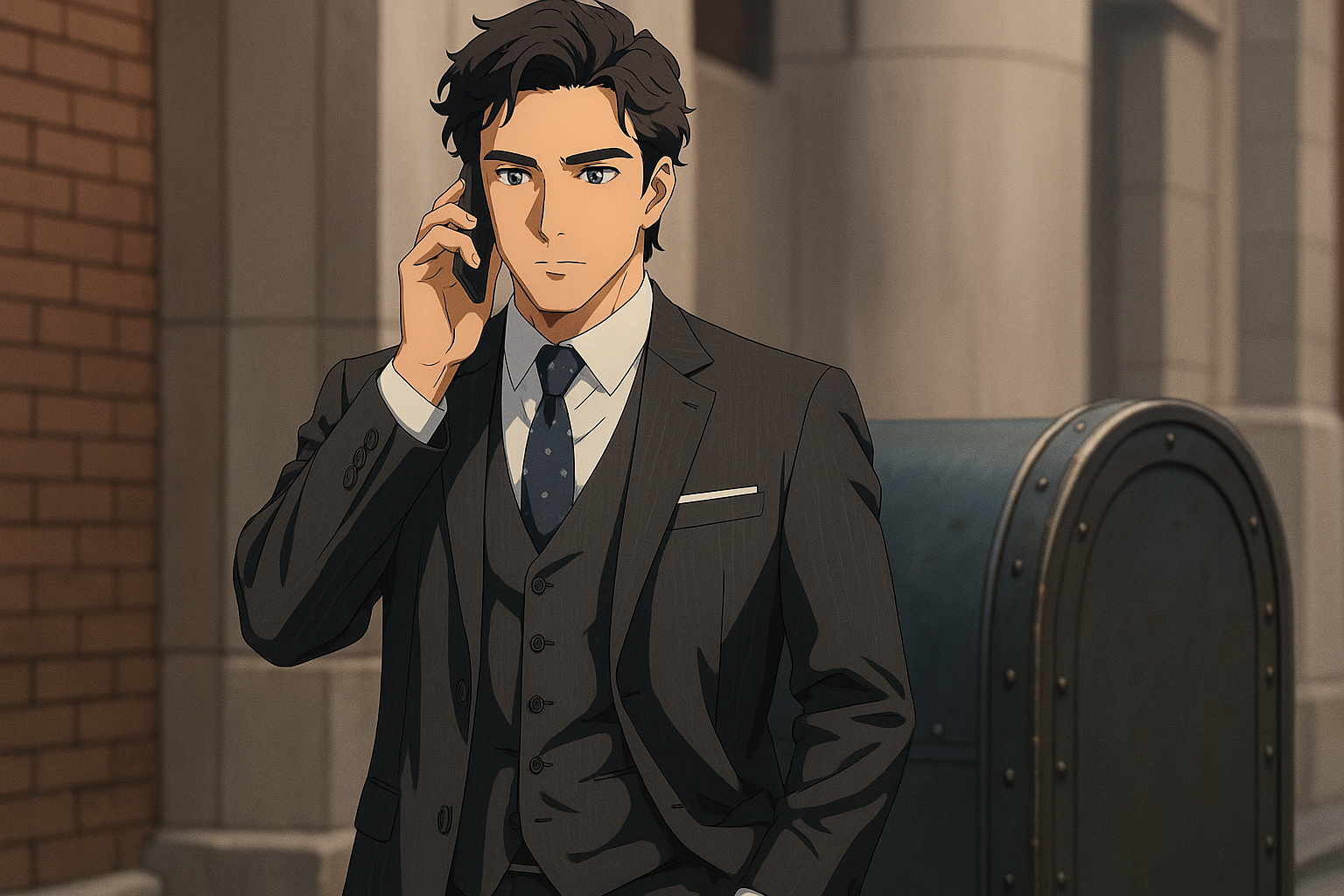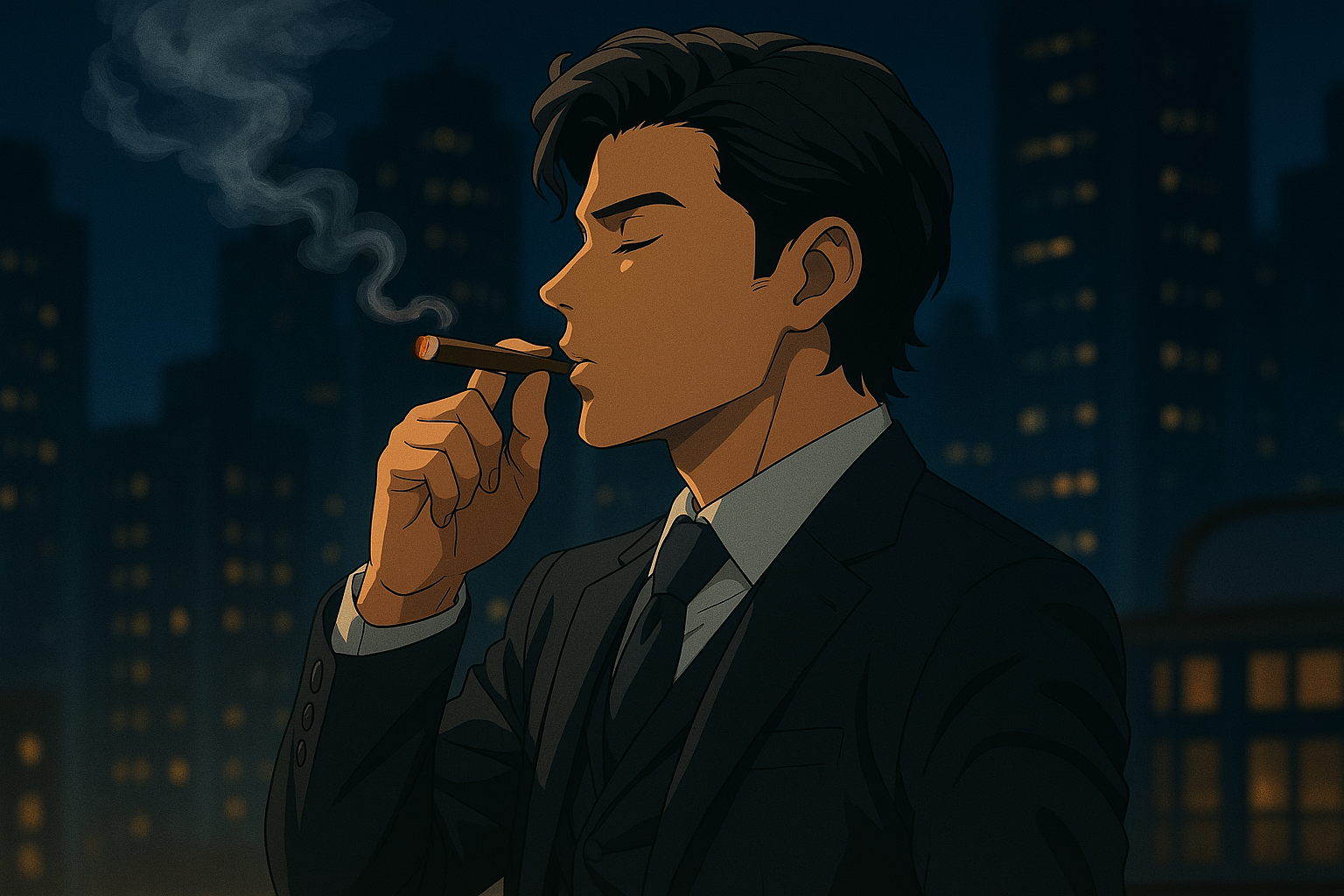Naming the quiet weight of absence—and learning how to carry it without letting it define you.
Some pain doesn’t knock. It doesn’t raise its voice or slam the door.
It just sits with you—quietly, steadily—in the background of your day.
That’s what this is.
Not the pain of a major loss.
But the slow, private ache of missing things that mattered.
Not being there when they needed a hug.
Not hearing the joke that made them laugh until they couldn’t breathe.
Not knowing what face they made when they opened your gift.
Not sitting next to them when they had a fever or got their feelings hurt at school.
This is the ache that doesn’t announce itself.
But it builds. And if you don’t name it, it hardens.
This letter is for fathers who already know this feeling.
You’ve missed birthdays. You’ve felt the silence.
You love your kids deeply—but from a distance.
And some days, that love has nowhere to go.
We’re not here to dramatise it.
We’re here to recognise it.
The Pain You Don’t Talk About—But Still Carry
This isn’t a breakdown. It’s not a crisis.
It’s the 30-second pause before replying to a photo.
It’s hearing about a milestone from someone else and smiling… but feeling like a bystander.
And because it doesn’t scream, it’s easy to ignore.
But it stays. And it reshapes you in small, quiet ways.
You might feel numb. Or on edge. Or start pulling back—not because you don’t care, but because staying engaged without connection takes a toll.
Most dads won’t name this ache.
But that doesn’t mean they’re not carrying it.
And when you can’t name it, it gets misfiled—into guilt, or shame, or checked-out detachment.
Not because you don’t care.
But because caring without access hurts more than most people understand.
Watching from a Distance Is a Different Kind of Grief
Photos don’t smell like your kid’s hair.
Videos don’t laugh in real time.
Updates don’t capture the moment your child scanned the room and hoped you were there.
You’re still their father.
But you’re watching parts of their life like a subscriber, not a participant.
That’s a different kind of grief.
Quiet, constant, and easy to hide.
And over time, it takes a toll.
You show up with the same love—but it feels secondhand.
You’re proud of them, but from a delayed stream of images and summaries.
It’s not that the moments are gone.
It’s that you weren’t in them.
What Happens When That Ache Goes Unspoken
When this kind of ache goes unspoken, it doesn’t stay still. It changes form.
You might feel less engaged—not because you care less, but because it hurts more to care the same without being there.
Or your presence becomes inconsistent—not because you’ve disappeared, but because you’re trying to protect yourself from more hurt.
That’s how this thing hardens.
Not overnight. Not with one decision.
But slowly, through repetition.
And eventually, it becomes a filter.
You start parenting through the ache instead of around it.
That’s when distance becomes disconnection—not physical, but emotional.
What to Do With the Weight When No One Else Sees It
You won’t always have someone to process this with.
No one else may even know it’s there.
So you need grounded, repeatable ways to move the weight—quietly, without ceremony.
Here are three:
- Write your child a message you don’t send. Say what you missed. Say what you felt. Let it be real.
- Step outside without your phone. Walk. Let the ache rise. Don’t analyze it. Just let it move.
- Say out loud, “That mattered to me.” When something stings—an update, a missed call, a photo—acknowledge the weight. Don’t swallow it.
These aren’t meant to fix the ache.
They’re meant to keep it from settling where it doesn’t belong.
Grief without release becomes weight.
Grief with motion becomes strength.
Summary – What to Lock In
- The ache of absence doesn’t need to be loud to be real.
- Distance fatherhood means seeing your child grow through filters—and that comes with its own kind of grief.
- Left unspoken, this ache can harden—numbing you, flattening your presence, or closing you off.
- You don’t need a ceremony. You don’t need to collapse. You just need structure. And motion.
- You are still the father. Even from here. Especially from here.
Final word:
This ache doesn’t mean you’ve failed.
It means you love.
It means you’re still tuned in—still showing up inside, even when the outside doesn’t match.
You don’t have to explain it. But you do have to face it.
Name it.
Move with it.
Lead through it.
Stay steady.
Maximum Dad






